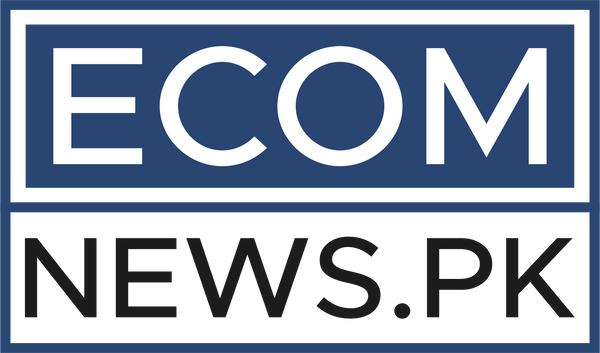
The Global Minerals Race: Pakistan Missed Opportunity
Despite hosting an international summit in Islamabad that brought together foreign dignitaries and mineral moguls, Pakistan remains a passive observer in the global race for critical minerals. While Prime Minister Shehbaz Sharif lauded the country’s untapped reserves worth trillions of dollars, concrete action is still lacking, exposing significant gaps in the country's mining policies and execution.
The Special Investment Facilitation Council (SIFC), established in 2023 to attract investors, highlighted mining as a top priority. However, efforts remain limited to ceremonial events and committee formations, while tangible progress is absent. Estimates suggest Pakistan’s mineral wealth—including copper, gold, rare earth elements, and gemstones—exceeds $200 billion in value, with some experts speculating it could be worth five times more. Yet, the current output barely scratches the surface.
On the global front, countries like the United States and China are leveraging critical minerals as strategic assets, driving innovation and maintaining dominance in technology and trade. China, with control over 95% of rare earth production, has tightened its grip on essential resources, leaving nations like the U.S. scrambling for alternative supply chains.
In contrast, Pakistan lags behind, constrained by outdated legislation and bureaucratic hurdles. The recently passed Khyber Pakhtunkhwa Mines and Minerals Bill 2025 introduces new regulatory bodies but lacks the provisions necessary to ensure large-scale, efficient mineral extraction. Federal interference, underfunded state-run mining companies, and unclear regulatory frameworks further deter private and foreign investors.
While the urgency for critical minerals is global, Pakistan’s response remains minimal. The nation risks losing out on economic opportunities and geopolitical influence as it fails to effectively utilize its vast resources. The minerals are there; what’s missing is the will to act.






